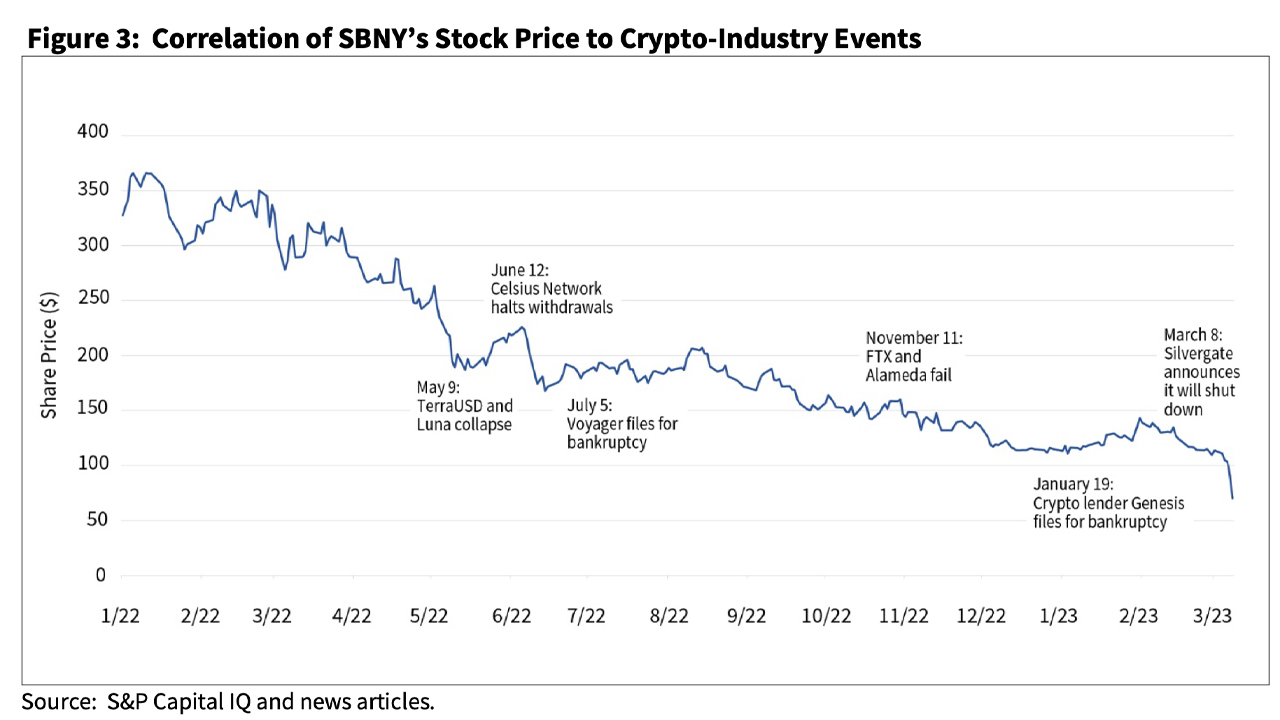Proposed Texas Legislation Could Ban Minors From Social Media Platforms

Table of Contents
The Proposed Bill's Key Provisions
The specifics of the proposed Texas social media ban for minors are still developing, but key provisions are expected to include:
- Specific Age Restriction: The bill likely targets minors under the age of 18. The exact age cutoff remains to be finalized.
- Platforms Affected: Major social media platforms such as TikTok, Instagram, Facebook, Snapchat, and potentially others, are expected to be included in the ban. The definition of "social media platform" within the bill will be crucial.
- Exceptions: Potential exceptions could be made for educational use under strict supervision or with explicit parental consent. These exceptions would need clearly defined parameters to prevent loopholes.
- Penalties for Non-Compliance: The proposed bill might include penalties for social media companies that fail to comply, such as significant fines. Penalties for parents who allow their children to violate the ban might also be considered. The enforcement mechanisms are a significant area of debate.
Arguments in Favor of the Texas Social Media Ban for Minors
Proponents of the Texas social media ban for minors argue that such a ban is necessary to protect children from several significant risks:
- Mental Health Concerns: Numerous studies link excessive social media use among teenagers to increased rates of anxiety, depression, and body image issues. For example, a study published in JAMA Pediatrics found a correlation between social media use and increased risk of depression and suicide ideation in adolescents.
- Cyberbullying and Online Harassment: Social media platforms can be breeding grounds for cyberbullying and online harassment, leading to significant emotional distress and even self-harm in vulnerable young people. The anonymity and reach of online platforms exacerbate these risks.
- Data Privacy Violations: Children's data is often collected and used by social media companies without sufficient parental consent or understanding of the implications. This raises serious concerns about data privacy and the potential for exploitation.
- Impact on Adolescent Brain Development: The constant stimulation and social comparison inherent in social media use can negatively impact the developing brains of adolescents, potentially affecting self-esteem, identity formation, and emotional regulation.
Counterarguments and Concerns Regarding the Texas Social Media Ban for Minors
Opponents of the proposed ban raise several significant concerns:
- First Amendment Concerns: The bill could be challenged on First Amendment grounds, raising questions about freedom of speech and the right of minors to access information and engage in online communication.
- Enforcement Challenges: Enforcing such a ban would be extremely challenging. Verifying the age of users online is difficult, and enforcing compliance across various platforms would require significant resources and technological capabilities. This potential for widespread non-compliance undermines the effectiveness of the ban.
- Digital Divide: A ban could disproportionately affect low-income families who rely on free social media for communication and access to information, potentially exacerbating existing inequalities.
- Impact on Social Interaction: Completely restricting access to social media could limit opportunities for social interaction and development, especially for teenagers who rely on these platforms to connect with friends and build relationships.
- Alternative Approaches: Opponents argue that less restrictive approaches, such as enhanced parental controls, comprehensive digital literacy education, and improved platform safety features, would be more effective and less intrusive.
The Role of Parental Responsibility
The debate surrounding the Texas social media ban for minors underscores the critical role of parental responsibility in managing children's online activity.
- Parental Controls and Digital Literacy: Parents need to actively utilize parental control tools, educate themselves about online safety, and teach their children responsible digital citizenship.
- Shared Responsibility: The responsibility for online safety should not solely rest on parents. Schools, social media companies, and policymakers all have a role to play in creating a safer online environment for children.
- Increased Parental Engagement: The proposed bill could inadvertently increase parental engagement in their children's online lives, although this may be a burdensome and unwelcome consequence for some families.
Similar Legislation in Other States and Countries
Several other states and countries have considered or implemented legislation aimed at regulating minors' access to social media.
- Examples: While no state has implemented a complete ban mirroring the proposed Texas legislation, some have explored age verification requirements or restrictions on certain features. Other countries, such as South Korea, have stricter regulations on minors' online activity.
- Effectiveness: The effectiveness of these measures varies widely. Some have proven challenging to enforce, while others have had a more positive impact on online safety.
- Lessons Learned: The experiences of other jurisdictions provide valuable insights into the potential challenges and limitations of attempting to regulate social media use among minors.
Conclusion
The proposed Texas social media ban for minors is a complex issue with significant implications for young people, parents, and technology companies. While aiming to address legitimate concerns about online safety and mental health, the bill also raises important questions about freedom of speech, enforcement, and the overall impact on adolescent development. The debate surrounding this Texas social media ban for minors highlights the urgent need for a comprehensive approach to online safety that balances the protection of children with the realities of the digital age. Further discussion and exploration of alternative solutions are crucial before implementing such sweeping legislation. To stay informed on the latest developments regarding this critical issue, continue to follow updates on the proposed Texas social media ban for minors.

Featured Posts
-
 Newsday Reports Police Reveal Reasons Behind Kartels Restrictions
May 21, 2025
Newsday Reports Police Reveal Reasons Behind Kartels Restrictions
May 21, 2025 -
 Is Drier Weather Finally In Sight A Look At The Forecast
May 21, 2025
Is Drier Weather Finally In Sight A Look At The Forecast
May 21, 2025 -
 Old North State Report May 9 2025 News And Developments
May 21, 2025
Old North State Report May 9 2025 News And Developments
May 21, 2025 -
 Allentown Boys Shatter Penn Relays Record With Sub 43 4x100m Time
May 21, 2025
Allentown Boys Shatter Penn Relays Record With Sub 43 4x100m Time
May 21, 2025 -
 American Couple Arrested In Uk After Appearing On Bbc Antiques Roadshow
May 21, 2025
American Couple Arrested In Uk After Appearing On Bbc Antiques Roadshow
May 21, 2025
Latest Posts
-
 Gumballs Next Adventure Expect The Unexpected
May 22, 2025
Gumballs Next Adventure Expect The Unexpected
May 22, 2025 -
 Hulu Drops Teaser Trailer For The Amazing World Of Gumballs Premiere
May 22, 2025
Hulu Drops Teaser Trailer For The Amazing World Of Gumballs Premiere
May 22, 2025 -
 Gumball A Weirder World Unveiled Teaser
May 22, 2025
Gumball A Weirder World Unveiled Teaser
May 22, 2025 -
 The Amazing World Of Gumball Returns To Hulu Watch The New Teaser Trailer
May 22, 2025
The Amazing World Of Gumball Returns To Hulu Watch The New Teaser Trailer
May 22, 2025 -
 Dexter Resurrection Ein Kult Comeback Mit Bekannten Gesichtern
May 22, 2025
Dexter Resurrection Ein Kult Comeback Mit Bekannten Gesichtern
May 22, 2025
